Romanian villagers face down Canadian mining corporation over cyanide lake.
A small charity has succeeded in blocking a multi-billion dollar Canadian gold-mining operation in the Romanian village of Rosia Montana. Romania’s new Prime Minister, Victor Ponta, has promised a “transparent” investigation into the controversial project “so that permitting decisions take into account the national interest, environmental protection and European legislation.” This could set the project back by at least five years. Continue reading
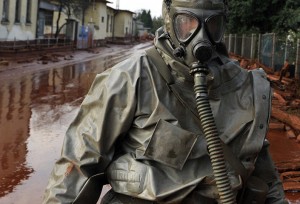
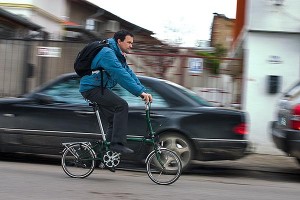 The best way to get round Bucharest is by bike. Bucharest has no ring roads and the result is gridlock. Getting anywhere by car is slow and frustrating. Public transport is good but very overcrowded.
The best way to get round Bucharest is by bike. Bucharest has no ring roads and the result is gridlock. Getting anywhere by car is slow and frustrating. Public transport is good but very overcrowded.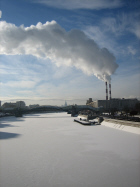 We should be grateful to the Russians and Ukranians for the warning that central Asian gas supplies are insecure. We must heed the warning and start moving more urgently to renewable sources of energy, as this is the only way for the EU to have energy independence. The Kiev – Moscow row about gas bills has been going on for years and is unlikely to be resolved anytime soon.
We should be grateful to the Russians and Ukranians for the warning that central Asian gas supplies are insecure. We must heed the warning and start moving more urgently to renewable sources of energy, as this is the only way for the EU to have energy independence. The Kiev – Moscow row about gas bills has been going on for years and is unlikely to be resolved anytime soon.
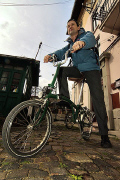
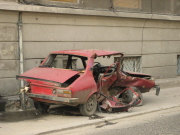
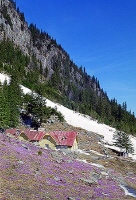
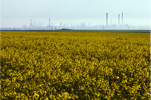
Waiting for 2012
This year will be much like 2009: political infighting, economic crises and passive discontent. Nothing new or useful can be expected from the new government and the media will be filled with the arguments and illicit affairs of Romania’s irresponsible leaders. Continue reading →